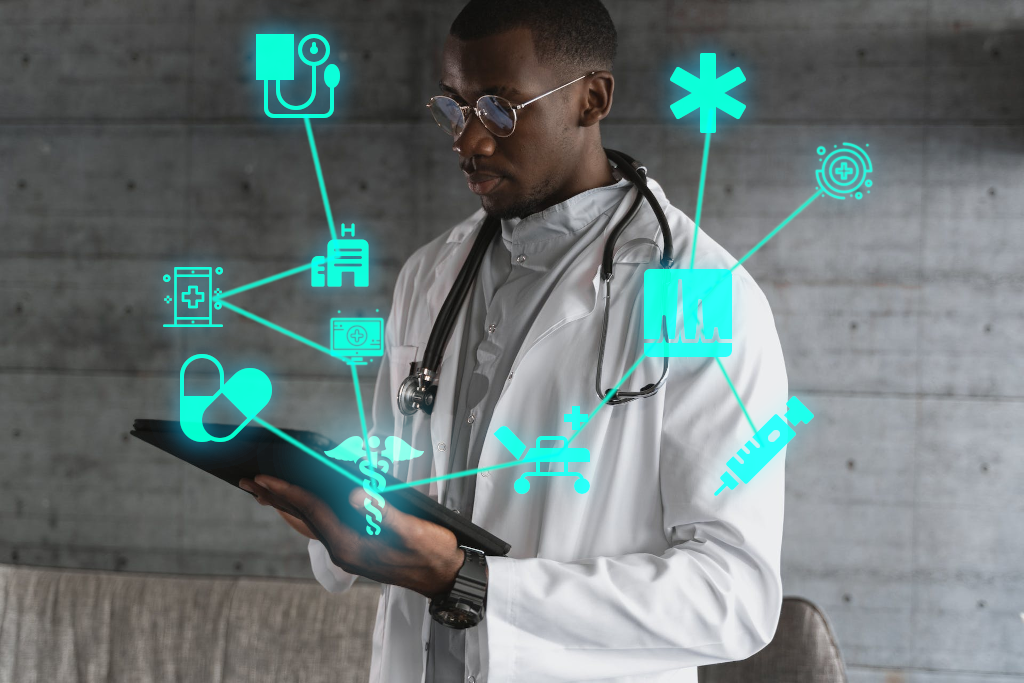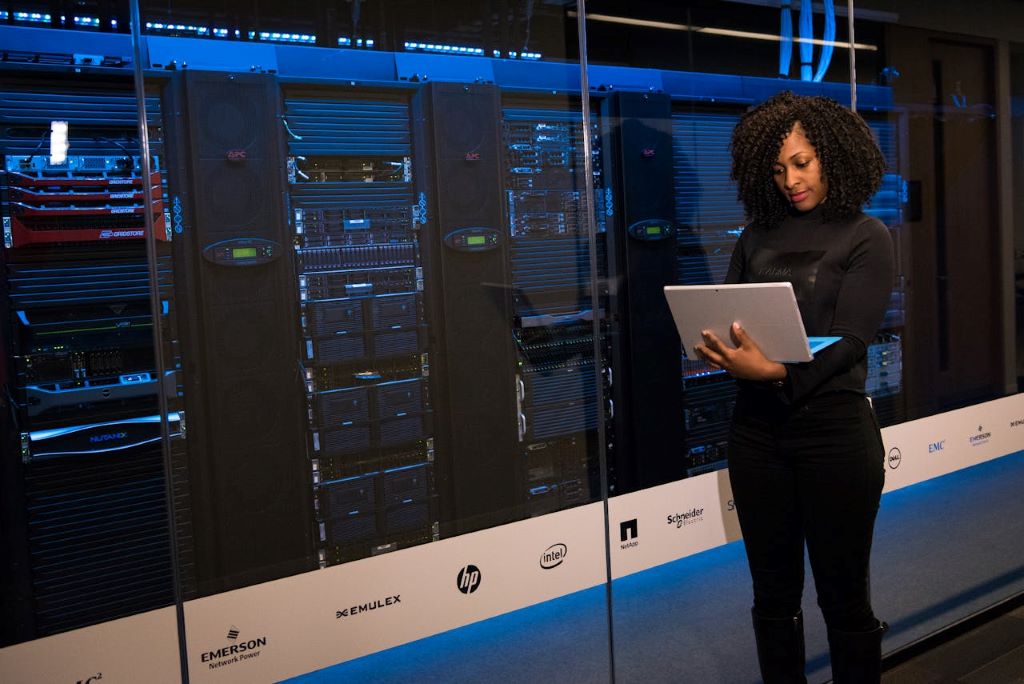HealthONE Oncology: A New Era in Oncology

As November highlights prostate cancer awareness, it’s important to remember that cancer is far more than mere statistics. It represents deeply personal journeys marked by uncertainty, fear and hope. With countless people facing a cancer diagnosis in their lifetimes, the call for human-centred and innovative care is more urgent than ever. It is imperative that we support individuals on this challenging journey, ensuring they receive the comprehensive care they deserve.
Leading this transformation is the HealthONE Oncology solution, created by Altron HealthTech in partnership with a leading Oncologist Dr. Ziad Seedat and supported by Dis-Chem Oncology. This innovative solution aims to redefine oncology care by streamlining processes and enhancing the treatment experience for both patients and healthcare providers. Dr. Ziad Seedat, whose expertise as a dedicated advocate for cancer patients has significantly shaped the design and functionality of the platform. His insights ensure that the technology aligns with the real needs of both patients and healthcare practitioners. This has a positive knock-on impact throughout the healthcare ecosystem.
Timely treatment matters
Timely treatment is essential in the fight against cancer. Unfortunately, the healthcare system can be burdened by extensive approvals and administrative requirements, causing delays that can negatively impact patient outcomes. Research indicates that when cancer care is delayed or inaccessible there is a lower chance of survival, greater problems associated with treatment and higher costs of care.1
The HealthOne Oncology solution addresses these challenges by integrating patients’ medical histories, treatment plans and appointment schedules into one accessible platform. Dis-Chem Oncology enhances this initiative by working with patients, doctors and medical aids to provide medication and supplies. The tailored support ensures that patients receive medication and support throughout their treatment journey. Their direct oncology pharmacies, providing specialised care and support for cancer patients on‑site at hospitals or private oncology practices, further enhances the value.
Innovative solutions with HealthOne
The HealthOne Oncology solution distinguishes itself through its thoughtful design, developed in consultation with clinicians, including Dr. Seedat. He emphasises the importance of minimising administrative burdens, stating, “Patients should focus on their care, not be overwhelmed by paperwork.” This philosophy is foundational to the platform, which integrates feedback from healthcare providers to address the unique challenges of cancer treatment.
HealthOne Oncology is an integrated electronic health records (EHR) platform that works seamlessly with the HealthOne Practice Management application, saving time and improving productivity. By enabling appointment scheduling, storing existing patient data, automating treatment plans and submitting backlogged claims from a centralised, user-friendly interface, HealthOne empowers practitioners to prioritise patient care. The platform also tracks medical aid authorisations, including treatment expiry dates, helping healthcare providers manage treatment timelines effectively. Standardisation and tracking is crucial; the application monitors every intervention, ensuring that each step in the patient’s journey is documented, including signatures for consent.
Addressing financial challenges
The financial burden of cancer treatment can be overwhelming. In South Africa treatment costs vary significantly, influenced by factors such as the timing of diagnosis and the specific therapies needed. Many patients experience substantial financial distress due to medical bills and other cancer associated costs, highlighting the urgent need for effective and affordable solutions to support those facing this challenge.
The HealthOne Oncology platform aims to standardise workflows and clinical protocols to maintain quality care whilst improving efficiency and reducing costs.
The future of digital health in oncology
Looking ahead, the potential for digital health technologies in oncology is vast. By addressing barriers such as interoperability and complex workflows, the HealthOne Oncology platform aims to create a more cohesive, patient-centred model of care. This partnership between Altron HealthTech, Dis-Chem Oncology and the expertise of Dr Seedat marks a pivotal shift in cancer care, embracing innovation while prioritising patient well-being. In a world where cancer diagnoses are on the rise, the HealthOne Oncology platform is your partner in empowering healthcare providers to deliver exceptional care. Imagine transforming patient experiences, streamlining workflows and significantly reducing costs – all while ensuring that each patient’s journey through cancer is filled with hope, empowerment and improved outcomes. For medical practitioners eager to elevate their practice and make a meaningful difference in the lives of their patients, adopting this innovative platform is not just a choice; it’s a game changer. Join us in the vital fight against cancer and be part of a brighter, more compassionate future for oncology care.
To read more about Altron HealthTech’s solutions, visit https://eu1.hubs.ly/H0dwmNR0
Sources
- Promoting cancer early diagnosis, World Health Organization ↩︎



